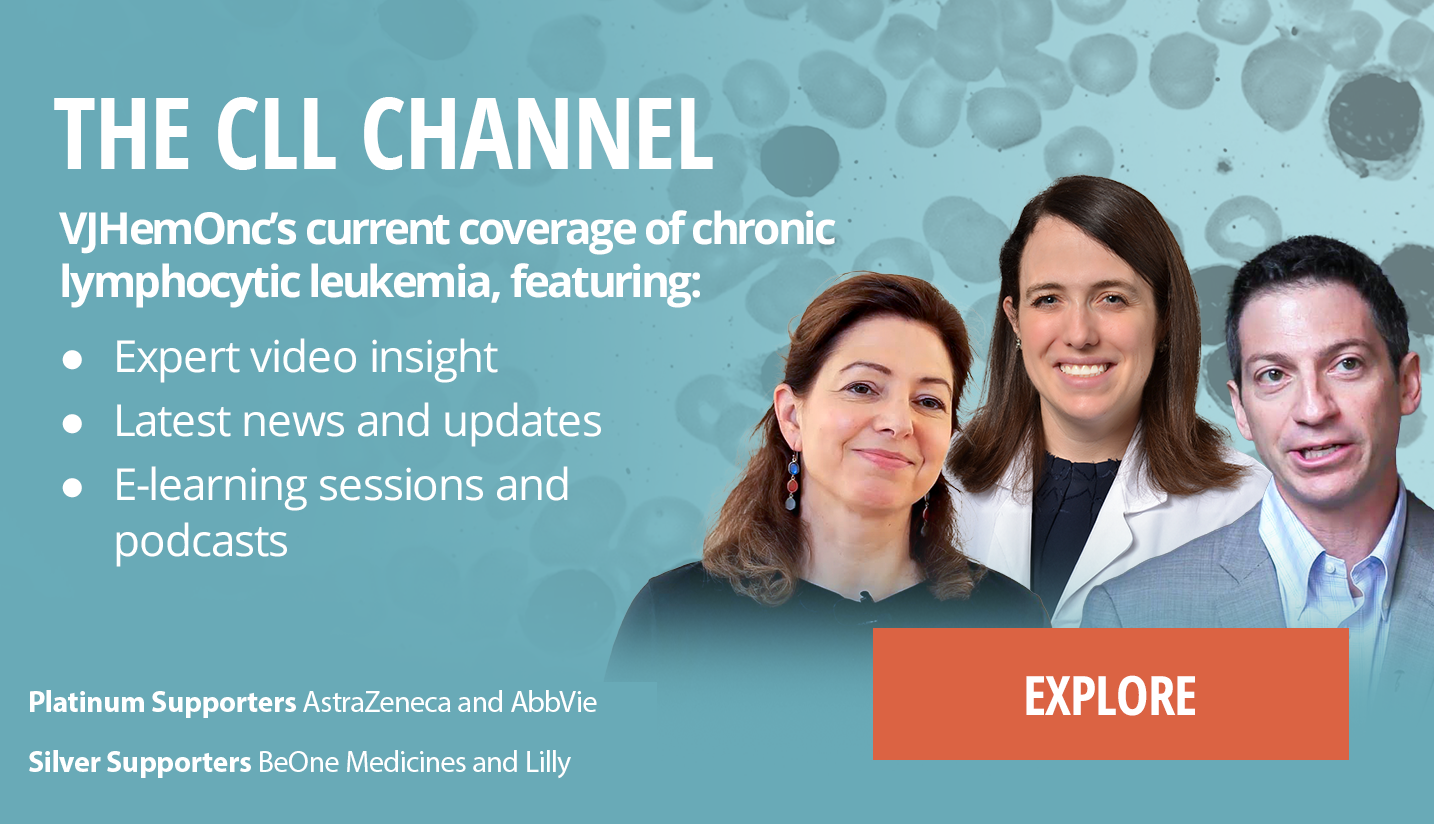So UNCOVER is a long and wide hematology and oncology data project. So it covers most of the hematological malignancies including CLL and we’re bringing results to this meeting looking at the demographic characteristics of CLL patients. So we’ve got the fortune of having a very tight registration system for the diagnosis of CLL so we are very confident we’ve gathered truly consecutive diagnosed cases of CLL over this time span, and we’ve got nearly 30,000 cases registered as diagnosed with CLL...
So UNCOVER is a long and wide hematology and oncology data project. So it covers most of the hematological malignancies including CLL and we’re bringing results to this meeting looking at the demographic characteristics of CLL patients. So we’ve got the fortune of having a very tight registration system for the diagnosis of CLL so we are very confident we’ve gathered truly consecutive diagnosed cases of CLL over this time span, and we’ve got nearly 30,000 cases registered as diagnosed with CLL.
So in this preliminary result we’ve simply analyzed the demographics to ensure that the ages of diagnosis and the characteristics of the patients really matched what we would expect for a truly unselected CLL population. And going from there, we will have very soon data from the treatments that these patients have had within the NHS that we will be able to make significant subsequent projects, follow-on projects that will tell us, you know, or help us answer questions relevant such as treatment sequencing, risk of secondary malignancies, the evolution and time on active monitoring for the patients before therapy and hopefully many many more. So this is kind of the first delivery of this project that will hopefully continue for many years.
Inconcrete results of these have shown that we have found inequalities in terms of the deprivation index, which is calculated by the Office of National Statistics Standards, which have demonstrated that people on deprived regional areas have worse outcomes from their CLL. And there’s also some regional differences in outcomes in CLL that we think they may also have to relate or correlate with these inequalities with regards to deprivation. We’ve also found the comorbidities to be a factor in patient survival and perhaps more importantly, we’ve confirmed that what we thought was going to be the case, that the survival of CLL patients is mostly affected by non-CLL conditions. So, the CLL-specific survival for our cohort is very high, I’m pointing out that the UK population or England population with CLL is dying of natural causes away from CLL, which is testimony of the good outcome of therapies, but also of the relatively good care that we take for our early stage CLL patients.
This transcript is AI-generated. While we strive for accuracy, please verify this copy with the video.














